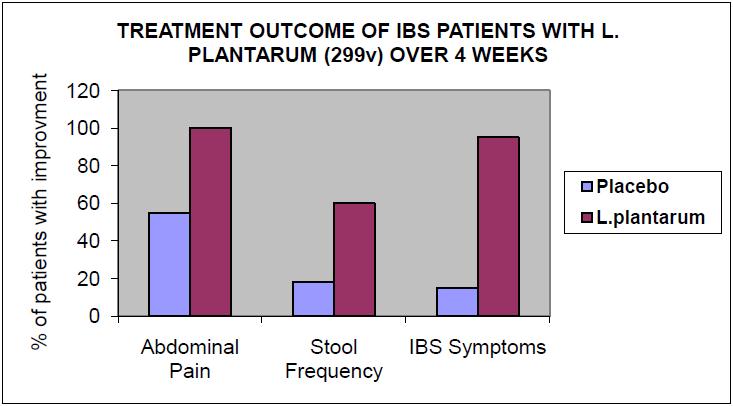

Reviewers/Editors: Generally peer-reviewed or fact-checked by peers or staff editors

Goal: Generally to entertain or persuade, may inform answers the "who, what, where, and when" questionsĬontent: Reporting events, the findings of others, or personal experiences opinion-based Goal: To inform or present research answer the "so what?" questions, make connections between variables/issues Publishing source: Trade journals, magazines, newspapers, websites, blogsĪuthor: Expert on the topic, someone who works in or knows that fieldĪuthor: Anyone may be a reporter or someone who feels like writing on the topicĪudience: Specialized (often of peers or students), people interested in the topic Publishing source: Academic journals, government, some magazines and journals Trade publications share general news, trends, and opinions in a certain industry they are not considered scholarly, because, although generally written by experts, they do not focus on advanced research and are not peer-reviewed.įor a detailed chart comparing these three types of publications, visit:.Popular sources range from research-oriented to propaganda-focused. Popular sources help you answer "who, what, where, and when" questions. Popular sources are intended for the general public and are typically written to entertain, inform or persuade.Scholarly sources are intended for academic use with a specialized vocabulary and extensive citations they are often peer-reviewed. Scholarly sources help answer the "so what?" questions and make connections between variables (or issues).Additionally, there are three main types of publications:

What is the distinction between popular and scholarly sources? Below is a chart comparing works with a more scholarly focus and those that are less so.


 0 kommentar(er)
0 kommentar(er)
